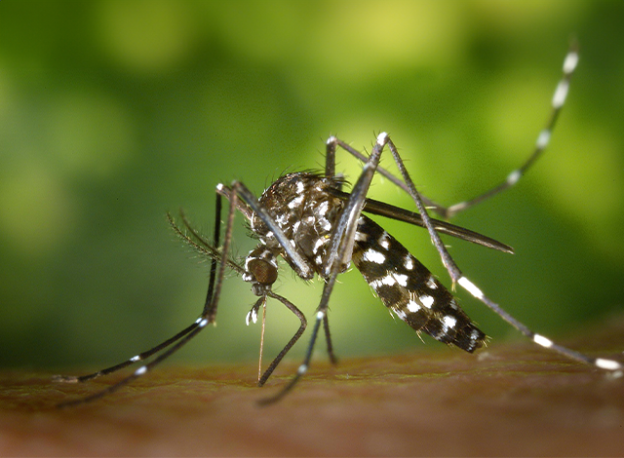SUBMITTED
Eastern Equine Encephalitis Virus (EEEV) is normally found in wild birds but can occasionally spread to horses and humans through the bite of infected mosquitoes. Similar to West Nile Virus, humans get infected with EEEV through the bite of an infected mosquito (humans do not get infected from a horse or another human). The mosquitoes that carry the virus are usually found close to flooded woodlands.
Over the years, there have been three human cases of Eastern equine encephalitis (EEE) in Ontario. Although rare, it can cause a serious neurological disease in all age groups, even death.
While a vaccine against EEEV exists for horses, there is none for humans; therefore, Leeds, Grenville and Lanark District Health Unit is issuing a reminder to everyone to take precautions against mosquito bites.
To help protect yourself and your family against EEEV as well as West Nile Virus, which is also spread my mosquitos, please take the following steps:
- Apply insect repellent containing DEET or icaridin, making sure to follow label directions. You can also ask a pharmacist for help when selecting an insect repellent.
- Wear light-coloured clothing, long sleeves, pants and socks when outside.
- Avoid being outside at dusk and dawn, as mosquitoes are the most active at that time.
- Ensure that all containers in or around the yard such as tires, pool covers, saucers for flowerpots, wading pools and children’s toys are regularly emptied of standing water.
- Ensure that screens, windows and doors are fully sealed to prevent mosquitoes from entering the house.
For more information about eastern equine encephalitis virus, visit Insect Bites and Diseases – Leeds, Grenville and Lanark District Health Unit or call 1-800-660-5853. You can also follow LGLhealthunit on social media for important updates.

















